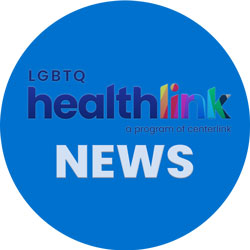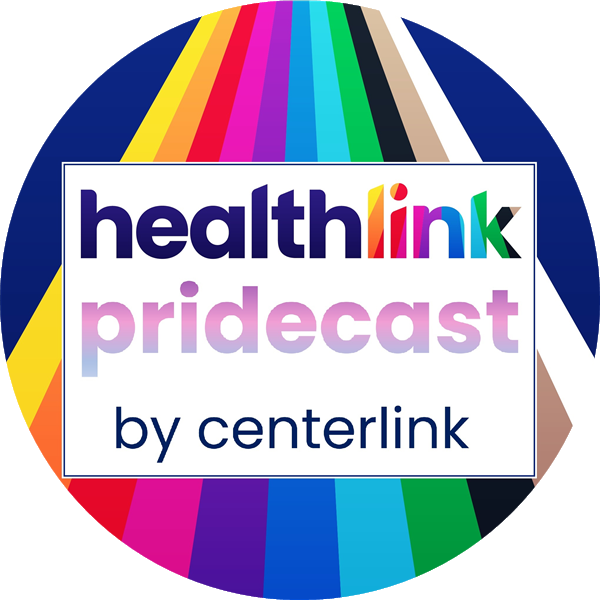LGB Youth Facing Higher Suicide Rates in This Week’s #LGBTWellness news

LGBT HealthLink, 12/18/2018
Pooling the Data on Suicide Risk
Researchers reviewed the risk of suicide attempts among youth in 35 studies, which together included a total of 2.3 million heterosexual and 113,000 sexual minority youth. They found that gay and lesbian youth faced an average of 3.5 times the risk of suicide attempt compared to heterosexual youth, and that bisexual youth faced 4.87 times the risk of heterosexual peers.
If you or an LGBTQ youth you know is in crisis, contact the Trevor Project at 866-488-7386.
Queer Youth at Risk from Age 10
A major new UK study found that sexual minority youth had higher rates of depressive symptoms than did their heterosexual peers from the age of just 10. They also found that sexual minority adolescents faced 4.53 times the odds of engaging in self-harm than did heterosexual youth by age 21. Researchers pointed to potential solutions such as more role models for LGB youth, deconstructing gender norms in schools, and more culturally-competent healthcare.
Spotlight on Trans Care
The USA Today reported on the challenges that transgender people experience in receiving healthcare related to their gender identity, even when the treatment would otherwise be covered. They describe the years that some patients spend fighting for approval of care or reimbursement, and the work that trans-specific health clinics are doing to provide life-saving care.
Exploring PrEP in Prisons
Researchers examined the knowledge of and interest in PrEP (the HIV prevention treatment) among incarcerated men who are gay, bisexual, or otherwise have sex with men. While the men had low initial knowledge of PrEP, they were very interested when they learned more, including in beginning treatment prior to release (when they expected more barriers, like cost and stigma).
Nondiscrimination in Healthcare
A study examined the perception of nondiscrimination laws among healthcare workers, whose facilities are subject to such laws when they include places of “public accommodation.” Their two main concerns were their lack of preparedness to address incidents of bias and their fear of other patients’ reactions to transgender women being in sex-segregated spaces for women.
Gender-affirming Hormones & Surgery
Researchers reviewed the practice in which transgender individuals are routinely told that they need to stop taking hormones before undergoing various types of surgery due to presumed risks that hormones can pose. The study found that the evidence does not support discontinuing all hormone use before surgery, and that more nuanced consideration (and research) is needed.
Creating More Competent Healthcare Teams
The Fenway Institute and Harvard Medical School announced a three-day course for “care teams” – including providers, nurses, and other healthcare staff – to learn together how to improve their care of LGBT patients. Participants will learn about mental health needs, HIV and STI prevention and treatment, the importance of collecting data on LGBT patients, and more.
Queer Men Lack Knowledge on HPV
A study examined the attitudes of queer men living with HIV in Toronto and found that most had not heard of the HPV vaccine, and were unaware of the cancer-related dangers that HPV entails, especially for people living with HIV. Many expressed the commonly-held belief that HPV is mostly a danger to young women and did not know that queer men are also at high risk.
Destigmatizing Trans
The New York Times published an op-ed arguing that gender dysphoria should be removed from the list of mental health disorders by the American Psychiatric Association, just as the APA did with homosexuality decades ago. The World Health Organization has already changed their own classification of gender dysphoria, noting the importance of doing so to help erase stigma.
Provider Comfort with Transgender Patients
A study found that 86% of primary care doctors were willing to care for transgender patients. Slightly less – 79% – said they would screen for cervical cancer in transgender men using a Pap test. One of the study’s authors said that provider comfort with transgender patients needs to be taught in medical education, in addition to just technical knowledge on transgender health.
Good News, Bad News on Gonorrhea
NBC News reported that while gonorrhea appears to be increasingly resistant to antibiotics, a new treatment is 96% effective at targeting these hard-to-defeat strands. They also note that gonorrhea is especially prevalent among gay, bisexual, and other men who have sex with men, and also that 50% of all infections occur among youth aged 15-24.
Preparing for an Aging Population
Windy City Times reported on an exciting new resource published by experts from Howard Brown Health, an LGBT-centered clinic in Chicago. It’s a comprehensive book on aging among transgender and gender-nonconforming adults, a key topic as the LGBT community ages. The book explores everything from mental health to social services to long-term care.




